Enhancing Social-Emotional Learning with Self-Regulation for Learning
 We all want our students to be successful. Some students come to school with greater degrees of Self Regulation for Learning, while others need more modeling and supports along the way. All students can value from keeping the ABCs (affect, behavior, cognition) in mind while learning. Read more ›
We all want our students to be successful. Some students come to school with greater degrees of Self Regulation for Learning, while others need more modeling and supports along the way. All students can value from keeping the ABCs (affect, behavior, cognition) in mind while learning. Read more ›
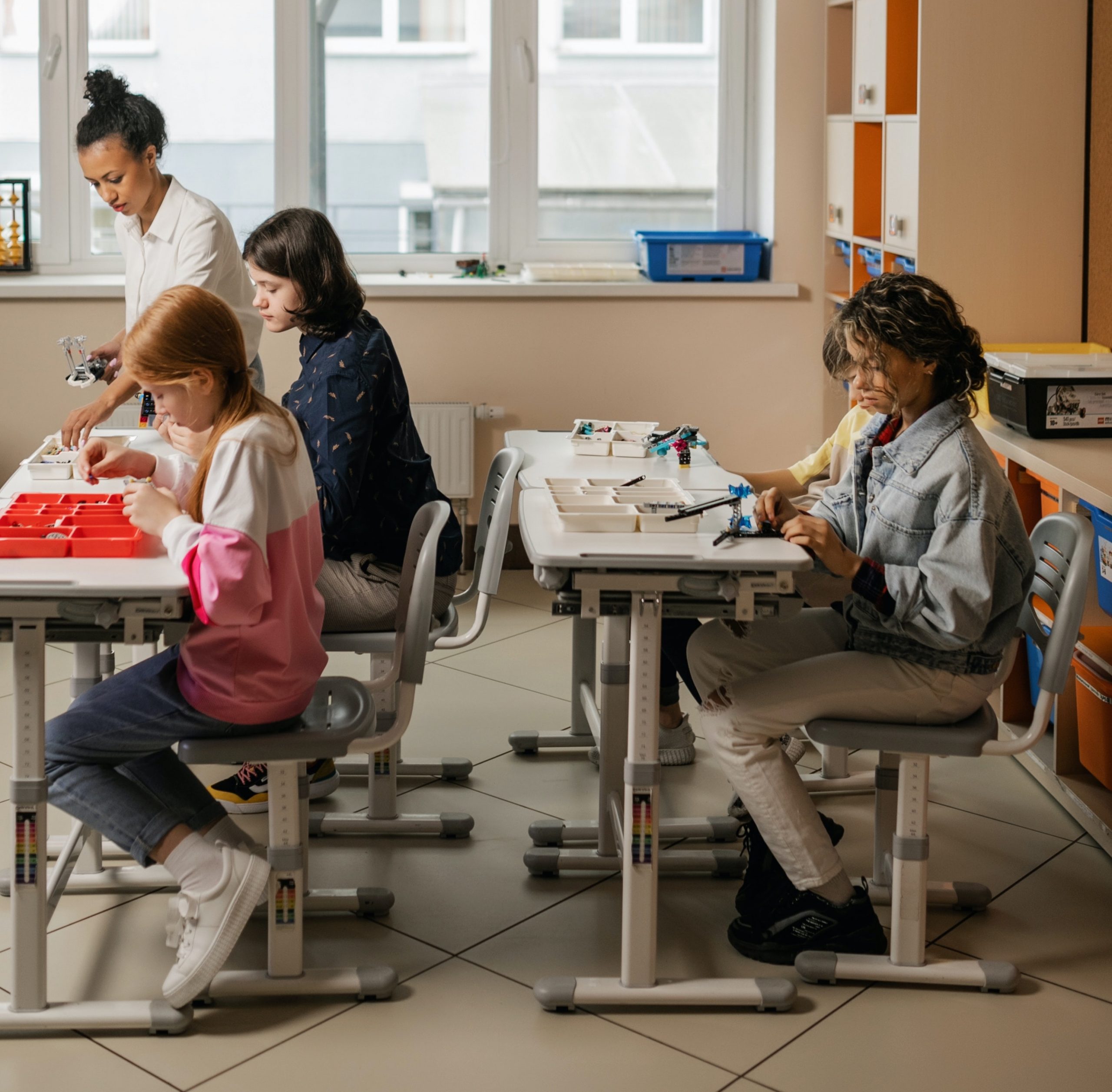
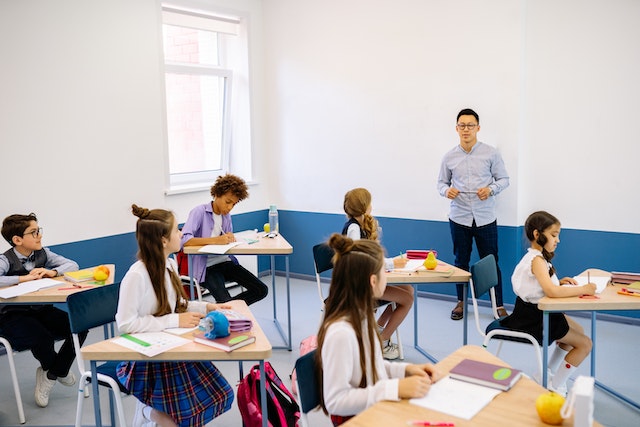
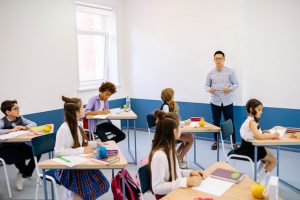 Good classroom design supports the acquisition of not only content skills but process skills. Executive functions are process skills that allow us to successfully complete tasks.
Good classroom design supports the acquisition of not only content skills but process skills. Executive functions are process skills that allow us to successfully complete tasks.
 Social-emotional learning is about cultivating a deeper care for the self in the present moment. That is something we all can do, and that is something that we should all do.
Social-emotional learning is about cultivating a deeper care for the self in the present moment. That is something we all can do, and that is something that we should all do.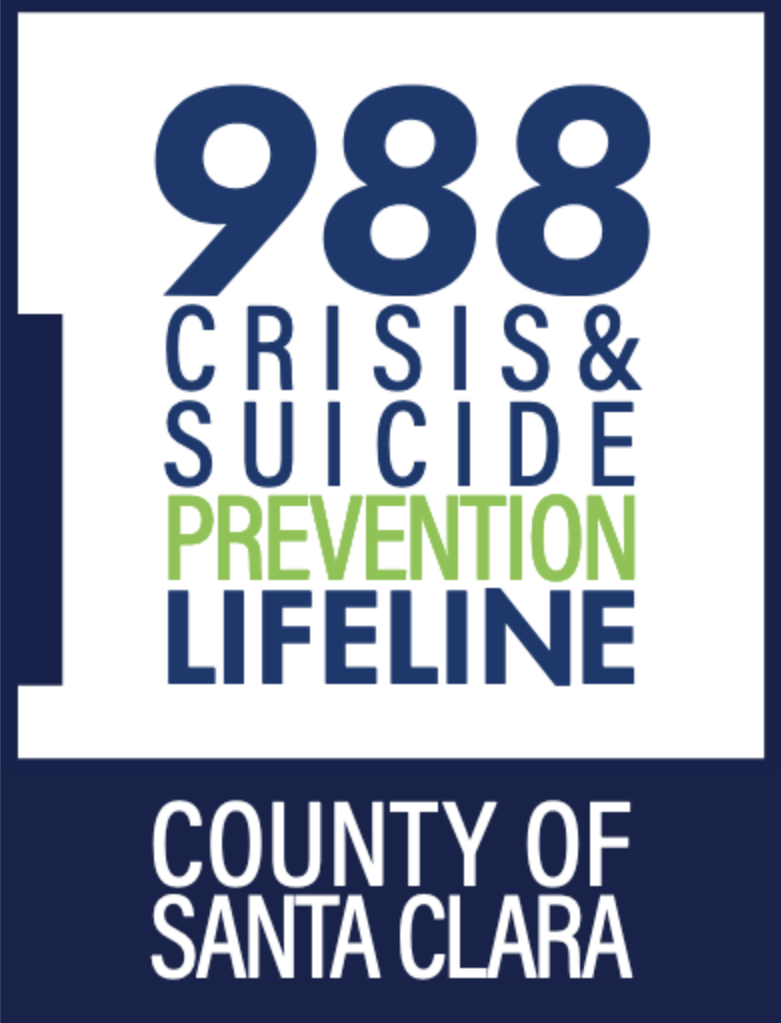
 the County of Santa Clara Behavioral Health Services Department (BHSD) transitioned to the new national three-digit suicide prevention lifeline number, 988. The new number is a quicker and more direct way to get support in times of need. Callers with 408, 650, and 669 area codes dial 988* to get compassionate support and connection to local crisis service.
the County of Santa Clara Behavioral Health Services Department (BHSD) transitioned to the new national three-digit suicide prevention lifeline number, 988. The new number is a quicker and more direct way to get support in times of need. Callers with 408, 650, and 669 area codes dial 988* to get compassionate support and connection to local crisis service. 
 Educators are often the first to notice mental health problems. Here are some ways you can help students and their families.
Educators are often the first to notice mental health problems. Here are some ways you can help students and their families. 
 One of the most important aspects of learning that might be least understood is human memory. We are tasked with passing on skills and knowledge to students—it’s the most important aspect of our job. Yet how many educators have earned degrees and teaching certificates without any mention of how memory works?
One of the most important aspects of learning that might be least understood is human memory. We are tasked with passing on skills and knowledge to students—it’s the most important aspect of our job. Yet how many educators have earned degrees and teaching certificates without any mention of how memory works? 
 Bullying in the classroom can have grave consequences for students, especially as they build effective social and emotional skills amid the disruption caused by the pandemic. While administrators must take responsibility for creating a school environment that is safe and welcoming, educators can promote a strong classroom culture through responsive and warm interactions with students.
Bullying in the classroom can have grave consequences for students, especially as they build effective social and emotional skills amid the disruption caused by the pandemic. While administrators must take responsibility for creating a school environment that is safe and welcoming, educators can promote a strong classroom culture through responsive and warm interactions with students. 
 These mental health primers, developed by the Coalition for Psychology in Schools and Education, provide information for classroom teachers to help them identify behaviors in the classroom that are symptomatic of mental health and other psychological issues, with the goal of directing teachers to appropriate resources for the students.
These mental health primers, developed by the Coalition for Psychology in Schools and Education, provide information for classroom teachers to help them identify behaviors in the classroom that are symptomatic of mental health and other psychological issues, with the goal of directing teachers to appropriate resources for the students. 
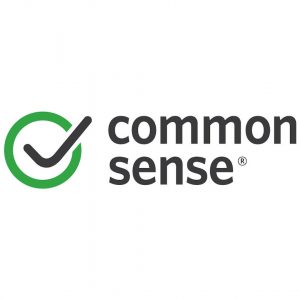 Since 2003,
Since 2003, 
 Bullying puts youth at increased risk for depression, suicidal ideation, misuse of drugs and alcohol, risky sexual behavior, and can affect academics as well. For LGBTQ youth, that risk is even higher.
Bullying puts youth at increased risk for depression, suicidal ideation, misuse of drugs and alcohol, risky sexual behavior, and can affect academics as well. For LGBTQ youth, that risk is even higher. 

